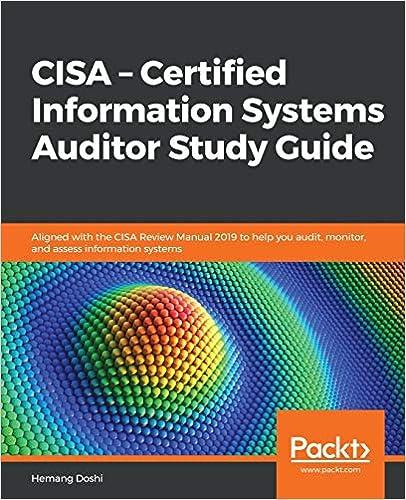Which of the following statements is correct regarding disposable income? Disposable income is total income, calculated as the sum of an individual's wages, profit, rent, interest, and transfer payments from the government. Disposable income is the exact measure of one?s wellbeing. Disposable income is the maximum amount of expenditure (e.g. food, housing. clothing, and other goods and services) possible without having to borrow or sell possessions. Disposable income is the amount of income that is disposed (given away). Question 20 (1 point) You are a taxi driver in Newport who earns $150 for a day s work during the jazz festival. You have been offered a one-day ticket to the Newport Jazz Festival for $20. As a jazz fan, you value the experifi.nce at $200. With this information, what can we say? The economic cost of the day at the Festival is $20. The opportunity cost of the day at the Festival is $20. The economic rent of the day at the Festival is $30. You would have paid up to $200 for the ticket. the examiners are going to interview them. The interviews are taking placesimultaneously and there is no communication allowed between the two. The students can either deny or confess to have colluded. The raw marks without penalty are 65 for Alan and 70 for Beatrice. The examiners have decided on the following scheme: if they both deny they will still be penalised by 20 marks respectively, if one denies and the other confesses then the denying student gets zero marks while the confessing student retains their raw mark, and if they both confess, then they both get the pass mark of 40 . The possiole outcomes are summarised in the table below. Based on this information which of the following statements is correct? It is in the interest of the students to deviate from the dominant strategy equilibrium. The examiners have managed to devise a scheme in which the students will definitely confess. Confessing is the dominated strategy. The dominant strategy equilibrium will result in the highest aggregate mark. Question 18 (1 point) When the textbook refers to "history's hockey stick", it is referring to: The increase in growth of real GDP per capita that many countries have experienced at some point after the 19th century. The increase in population that began in the 17 th century. The increase in money that followed the Great Recession beginning in 2008. Bobby Orr's hockey stick from the 1972 . Stanley Cup








